Approaches to asymmetric catalysis with polymer-supported pyrrolidines
dc.contributor
Universitat Rovira i Virgili. Departament de Química Analítica i Química Orgànica
dc.contributor.author
Alza Barrios, Esther
dc.date.accessioned
2011-09-15T12:16:27Z
dc.date.available
2011-09-15T12:16:27Z
dc.date.issued
2011-06-17
dc.identifier.uri
http://hdl.handle.net/10803/37362
dc.description.abstract
El presente proyecto de investigación se centra en la inmovilización de
sistemas catalíticos derivados de pirrolidinas sobre polímeros entrecruzados
de PS que permiten realizar enantioselectivamente la formación de enlaces
carbono-carbono y carbono-heteroátomo a través de procedimientos con
las características de mejora de la sostenibilidad en procesos
organocatalíticos altamente eficientes vía mecanismos tipo enamina e ión
iminio así como reacciones en cascada así como su aplicación en
condiciones de flujo continuo. También se describen ligandos quirales para
la reducción asimétrica de cetonas mediante complejos de rutenio en medio
orgánico y acuoso y de boro, donde la enantioselectividad depende de cómo
se haya anclado la unidad catalítica sobre el polímero.
spa
dc.description.abstract
The present research project developed is focused in the immobilization of
catalytic systems allowing the formation of carbon-carbon and carbonheteroatom
bonds through enantioselective procedures with improved
sustainability characteristics (suppression of catalyst separation steps,
preferential use of water as a solvent under aerobic conditions, avoidance of
protecting groups and, hence, of protection and deprotection steps). In
particular, the study is directed towards the organocatalysis field, although
also asymmetric catalytic processes mediated by metal complexes have been
developed. The approach introduced by our group combines the
optimization of the catalytic properties of the ligands, which is greatly
facilitated by their modular nature, with a design principle consisting in
performing the anchoring to the polymer through auxiliary functional
groups, positioned on the ligand molecule for minimal perturbation of the
catalytic site. In this manner, we have been able to develop polymersupported
ligands that do not show any decrease in catalytic activity or in
enantioselectivity with respect to their homogeneous counterparts. The
usual anchoring strategy used is the Cu-catalyzed azide/alkyne 1,3 dipolar
cycloaddition. In this manner, in this work proline and pyrrolidine
derivatives have been synthesized to catalyze organic transformations via
enamine and iminium ion mechanisms as Mannich or Michael reactions.
Organocatalytic cascade process has also been reported as useful method
for the preparation of highly functionalized cyclohexane derivatives in a
straightforward and efficient manner and the use of supported
organocatalysts has allowed us to implement this reactions not only in batch
processes but also in continuous flow conditions obtaining large amount of
desired product with high enantiopurity.
As have been mentioned, asymmetric catalysis mediated by metal complexes
has been investigated. One project collect the study of the asymmetric
reduction of ketones with borane and oxazaborolidine type catalysts as
aminoalcohols in homogeneous phase and the application of
diphenylprolinol derivatives supported on polymers by click-chemistry or by
direct nucleophilic substitution to the Merrifield resin. It is verified
experimentally that the triazole ring formed by anchoring the monomer to
the polymer matrix by click reaction has an important role in the selectivity
of the catalyst because leads to a not enantioselective path due to the boron
coordination to the triazole. When triazole ring is not present, aromatic
ketones are reduced with high enantioselectivities (90-99%) and complete
conversion after 30 minutes of reaction with qualitative yield because the
easy removing of the catalyst from the product by filtration.
Also a series of new modular Ru/aminoalcohol systems has been developed
and used as enantioselective catalysts in the asymmetric transfer
hydrogenation reaction of ketones in both water and 2-propanol. The
catalytic behaviour exhibited in these two media follows different tendencies
regarding the tuneable ligand structure. While the bulkiness of the R1 group
has a positive effect on the activity for reactions in 2-propanol, ligands with
bulky R1 groups are generally less active in water. Additionally, cationic,
anionic, and neutral surfactants do not improve the catalytic behaviour in
water.
eng
dc.format.extent
287 p.
dc.format.mimetype
application/pdf
dc.language.iso
eng
dc.publisher
Universitat Rovira i Virgili
dc.rights.license
ADVERTIMENT. L'accés als continguts d'aquesta tesi doctoral i la seva utilització ha de respectar els drets de la persona autora. Pot ser utilitzada per a consulta o estudi personal, així com en activitats o materials d'investigació i docència en els termes establerts a l'art. 32 del Text Refós de la Llei de Propietat Intel·lectual (RDL 1/1996). Per altres utilitzacions es requereix l'autorització prèvia i expressa de la persona autora. En qualsevol cas, en la utilització dels seus continguts caldrà indicar de forma clara el nom i cognoms de la persona autora i el títol de la tesi doctoral. No s'autoritza la seva reproducció o altres formes d'explotació efectuades amb finalitats de lucre ni la seva comunicació pública des d'un lloc aliè al servei TDX. Tampoc s'autoritza la presentació del seu contingut en una finestra o marc aliè a TDX (framing). Aquesta reserva de drets afecta tant als continguts de la tesi com als seus resums i índexs.
dc.source
TDX (Tesis Doctorals en Xarxa)
dc.subject
Asymmetric catalysis
dc.subject
Organocatalysis
dc.subject
Supported catalysts
dc.title
Approaches to asymmetric catalysis with polymer-supported pyrrolidines
dc.type
info:eu-repo/semantics/doctoralThesis
dc.type
info:eu-repo/semantics/publishedVersion
dc.subject.udc
54
cat
dc.subject.udc
547
cat
dc.contributor.director
Pericàs i Brondo, Miquel A.,
dc.contributor.codirector
Sayalero, Sonia
dc.embargo.terms
cap
dc.rights.accessLevel
info:eu-repo/semantics/openAccess
dc.identifier.dl
T. 1351-2011


